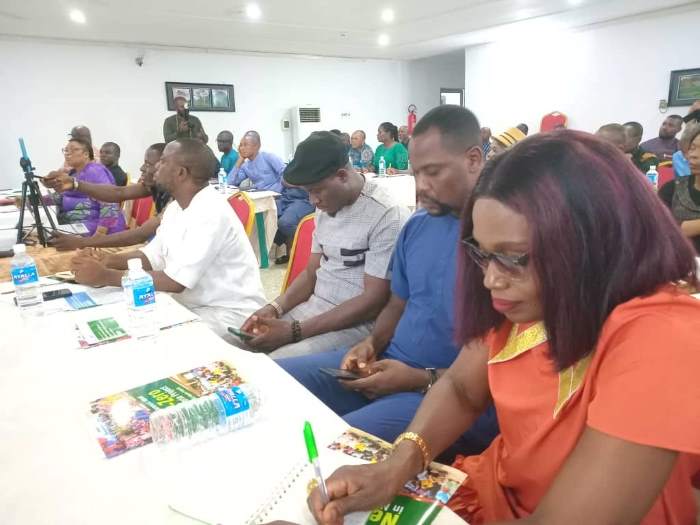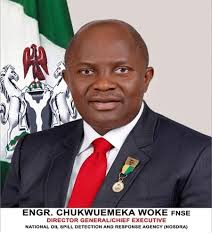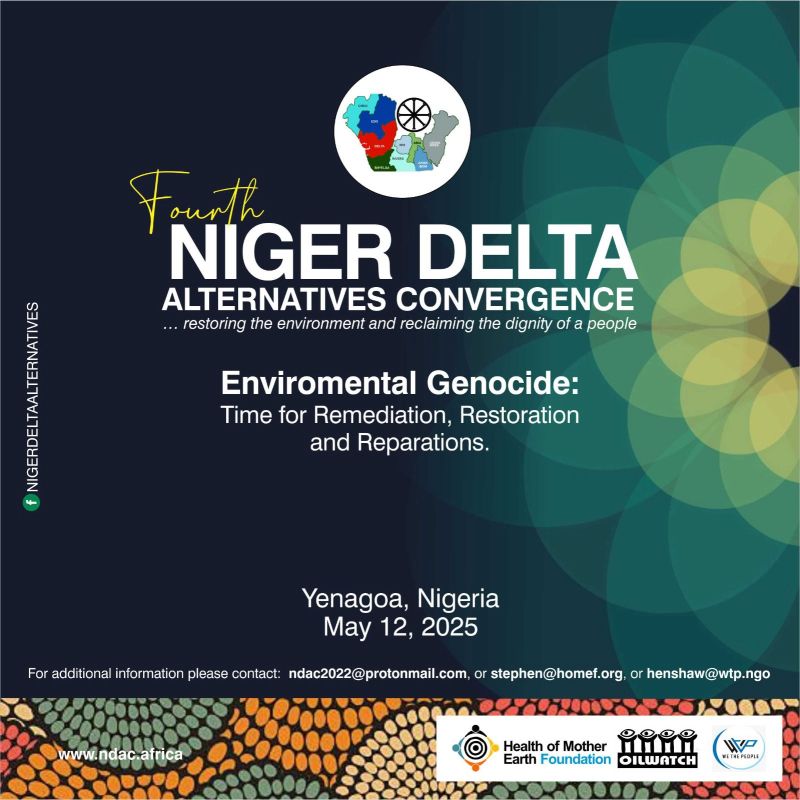A group, Connected Advocacy in collaboration with the Institute of Biodiversity, Climate Change and Watersheds, Niger Delta University, Bayelsa, has called on the leadership of local governments to commit to accelerating Nigeria’s Emission Reduction (Netzero) target.
They also called for the strengthening of Just Energy Transition Implementation plan to improve energy access at the grassroots level.
Consequences Of Inaction To Climate Change
The call was made at the South-South Regional Summit on Accelerating Nigeria’s Emission Reduction recently held in Yenagoa, Bayelsa State.
The theme of the event hosted by Connected Advocacy and the Institute of Biodiversity was “Strengthening Collaboration for Just Transition Implementation and Improve Energy Access.”

In his opening remarks, the Vice Chancellor of the Niger Delta University, Prof. Allen Agih said that the theme of the event elicits commitment for everyone to work together to build a lasting legacy that the people and the planet would be proud of.
Represented by the Director, Institute of Biodiversity, Climate Change Watersheds, Dr Cyprian Abasi Agih said that ‘now is the time to act.’
Also, he warned of the devastating consequences of inaction to climate change mitigation and adaptation considering pressing issue of its impact in local communities.
Achieving Nigeria’s Netzero Target
He encouraged the participants to use the summit to build bridges and foster collaboration.
Also, he wants them to champion commitments toward achieving Nigeria’s Netzero target.
Also, in his Keynote presentation, the Convener and Executive Director of Connected Advocacy, Mr Isreal Orekha said that local governments could leverage their autonomy to achieve netzero emission.
He said that local governments could achieve this by aligning their programmes and policy with that of the national government.
Furthermore, he believes this will help to design and bring sustainable and eco-friendly development to their people.
“The need to develop local government climate action plans is imperative and it is required to drive funding and sustainable environmental development,” Orekha said.
Also speaking, Godson Jim-Dorgu of Mac-Jim Foundation and his team members underscored the need for just transition and environmental Sustainability.
According to him, Nigeria’s heavy reliance on fossil fuels, contributes to significant greenhouse gas emissions, air pollution, and environmental degradation.
Energy Security
He stressed the need for the country to fulfill its policy work commitments under the Paris Agreement and its Nationally Determined Contributions (NDCs). This requires a shift towards cleaner energy sources.
“Urgent action should be given to energy security and access:
“We need to stop overdependence on imported petroleum products. Lack of diversification in the energy mix will make Nigeria vulnerable to global price fluctuations and supply disruptions. This we are currently suffering now.”
“Improving energy access, particularly in underserved rural areas, is crucial for socioeconomic development and poverty alleviation,” Jim-Dorgu said.

In her goodwill message, Mrs. Allen Alice Tangi, Chairman, Sagbama Local Government, thanked the organisers for the summit and pledged to implement learning and resolution from the summit
“The summit has opened our eyes to the urgent need for action. We pledge to work together to address the challenges of climate change.” Tangi said.
also, tThe Chairman, Yenagoa Local Government Council, Hon. Bulodisiye Ndiware on his part said “The time for talk is over. We must take concrete steps to mitigate the effects of climate change.”
In his remarks, Hon. David Alagoa, Chairman, Nembe Local Government, thanked the organisers of the programme.
He pointed out that the issues around climate change cannot be overemphasized.
“It affects us all, and it will be an avenue to start working on the change that we need as a people and as a community.
“We need to get organized using data gathering to drive real action on the ground.” Alagoa said.




